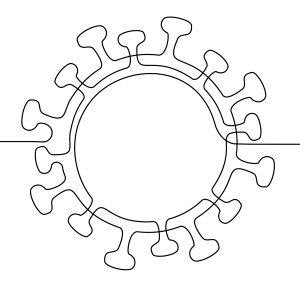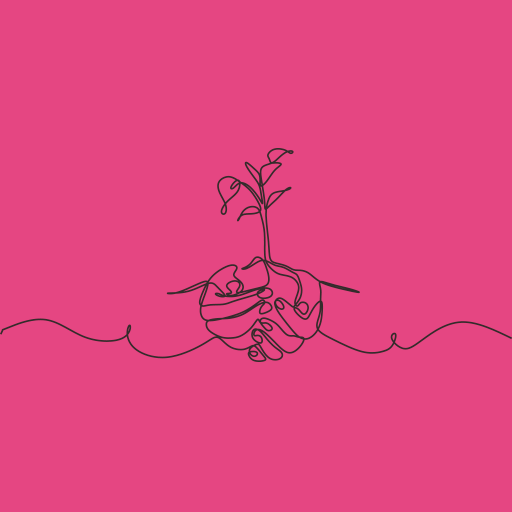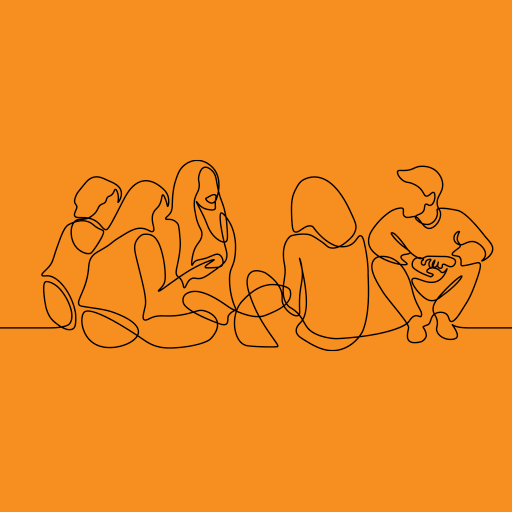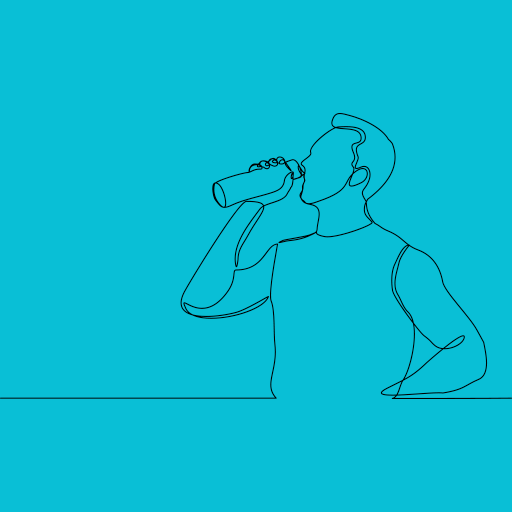
COVID-19
General background information
The Coronavirus (COVID-19) is an infectious disease that originated from the virus SARS-CoV-2. The virus was first detected in Wuhan China and continued to spread in countries all around the world.

The Coronavirus (COVID-19) is an infectious disease that originated from the virus SARS-CoV-2. The virus was first detected in Wuhan China and continued to spread in countries all around the world.
The COVID-19 virus spreads mainly through small respiratory droplets or particles released from the mouth or nose of an infected individual.
Most people that are infected with the virus experience symptoms that are similar to the cold and respiratory problems that are mild to moderate.
If you have COVID-19 symptoms, please call your doctor to get tested at the nearest testing facility. Remain in quarantine while you wait for your results.
The vaccine against COVID-19 is freely available for all residents ages 12 and older. We are currently vaccinating with the Pfizer vaccine on Wednesdays and Saturdays at SEHOS-POLI. The booster shot is available for 60+ individuals on Tuesdays, Thursdays and Fridays.

Lorem ipsum dolor sit amet, consectetur adipiscing elit. Ut elit tellus, luctus nec ullamcorper mattis, pulvinar dapibus leo.

Lorem ipsum dolor sit amet, consectetur adipiscing elit. Ut elit tellus, luctus nec ullamcorper mattis, pulvinar dapibus leo.

Lorem ipsum dolor sit amet, consectetur adipiscing elit. Ut elit tellus, luctus nec ullamcorper mattis, pulvinar dapibus leo.
The COVID-19 pandemic had an impact on humanity as a whole. Life is not as we know it anymore. People all around us became seriously ill and became weaker in a short period of time. Others are unfortunately not with us anymore. The economic and financial impact left many people jobless and without an income. Just like that COVID-19 brought many more consequences that changed our lives drastically.
In a video series called Salú Promé (“Health First”) , the Ministry of Health, Environment and Nature chose to put special attention to the health aspect in our community. Some of the topics that they focus on in the series Salú Promé is the care of our physical health, care of our mental health and nutrition.
SVB has stipulated some measures. For more information visit the website www.svbcur.org or Facebook di SVB.
If someone suspects that he is infected with COVID-19, he needs to stay in preventive quarantine and call a doctor to go take a test. After getting tested, he should go back into preventive quarantine until the result of the test is known.
Only people that are experiencing symptoms can get tested. Before the symptoms start manifesting there won’t be enough virus circulating through the body and the test will not show any presence of the virus. Besides, to get tested the person needs to comply with the definition of a suspected case.
When coughing or sneezing the virus is spread through the throat, nose or lung. The virus spreads in the air as small droplets that don’t hover in the air, they fall. You can get infected if these droplets get inhaled or if you touch them and put your hand on your face (eyes, nose or mouth).
Wash your hands often with soap and water for at least 20 seconds, especially after coughing or sneezing and before eating or preparing food. This is one of the best ways to prevent getting infected with the virus. If you can’t wash your hands, use an alcohol-based hand sanitizer with at least 60% alcohol. Getting vaccinated is the best way to slow the spread of COVID-19 and to prevent infection.
Yes, but if you test positive for COVID-19 after being fully vaccinated, you are less likely to get seriously ill or hospitalized.
No, even fully vaccinated people can infect other people with the virus of COVID-19. If you test positive you should take the same precautions as an unvaccinated person.
The incubation period starts from the moment you get infected with the virus until the symptoms are manifested. For this virus, the incubation period is approximately 14 days. This means that if you get infected today with the virus, you can probably get one or more symptoms in the following 14 days.
The virus spreads generally through coughing and sneezing. It is remarkable that the sicker the person is, the more virus he can spread.
Recovery time depends on the severity of the symptoms that a person gets from the virus. Most of the time, people that get mild symptoms recover faster (in a couple of days). It can take longer for people who have been hospitalized (a couple of weeks).
A virus will always need a human (or animal) body to survive and multiply. The virus can stay active outside the body for a limited time. In the case of this new coronavirus, it is not known yet exactly how long it can stay active outside of the body. Sometimes it survives for hours, sometimes for days.
The chance of getting infected with the virus through money (paper or coin) is very small. Since the virus is still new, it is not known exactly how long the virus can stay active on objects or surfaces. Besides, your chance to infect yourself with the virus is when you touch droplets with the virus and then put your hand on your face (eyes, nose or mouth).
There is no specific treatment for the illness. However, the symptoms of COVID-19 can be treated; for example by using paracetamol to lower the fever or by giving oxygen to the patient that has shortness of breath/ breathing problems.
Yes, infected people can transmit the virus both when they have symptoms and when they don’t have symptoms. This is why it is important that all people who are infected are identified by testing.
© 2021 BIBANDO | Gobièrnu di Kòrsou | Privacy Policy | Cookie Policy